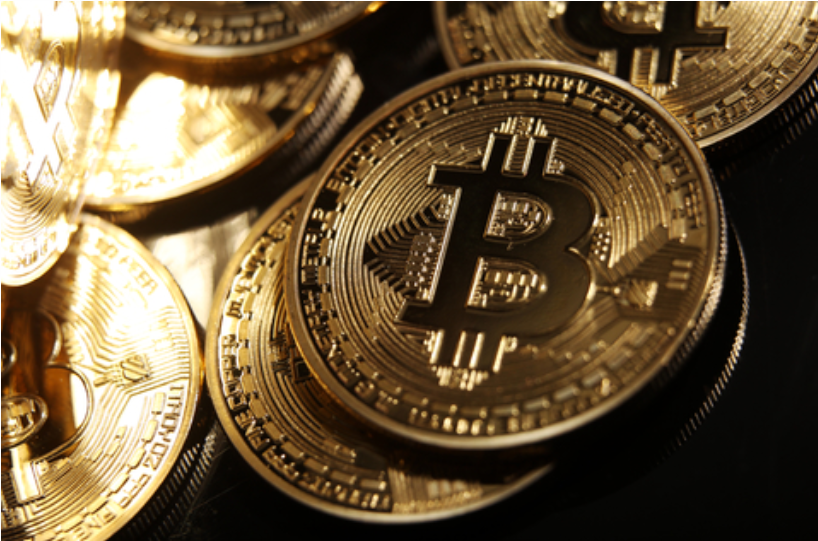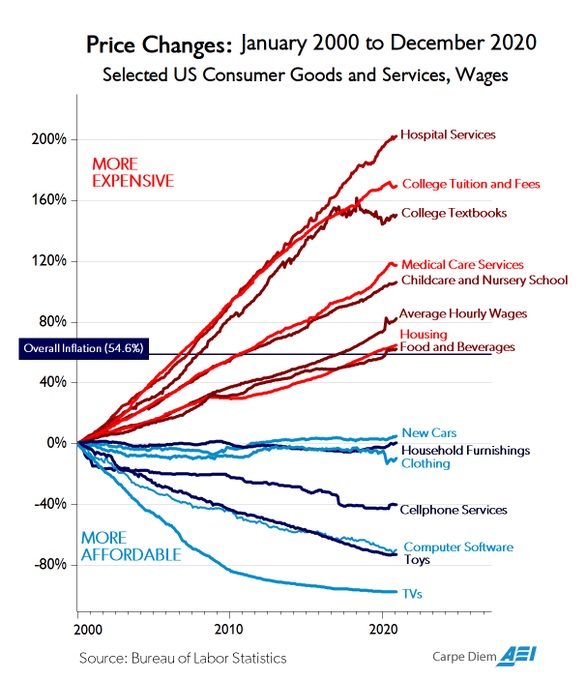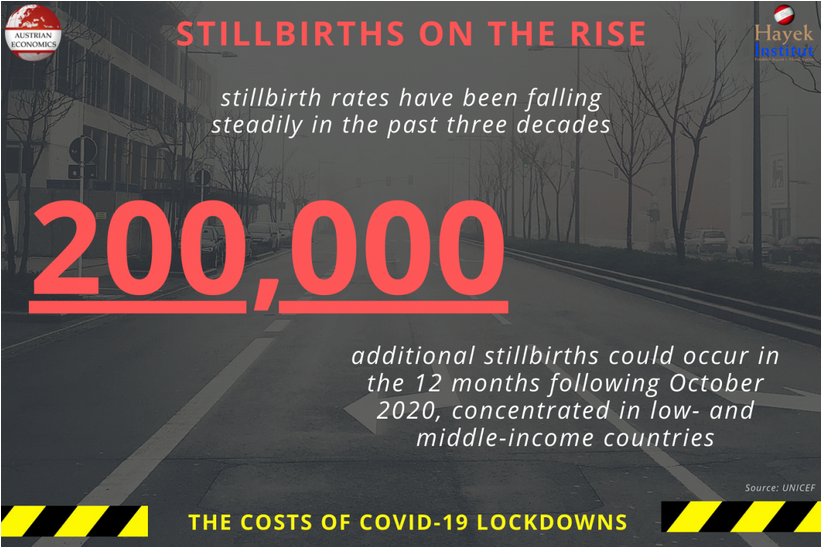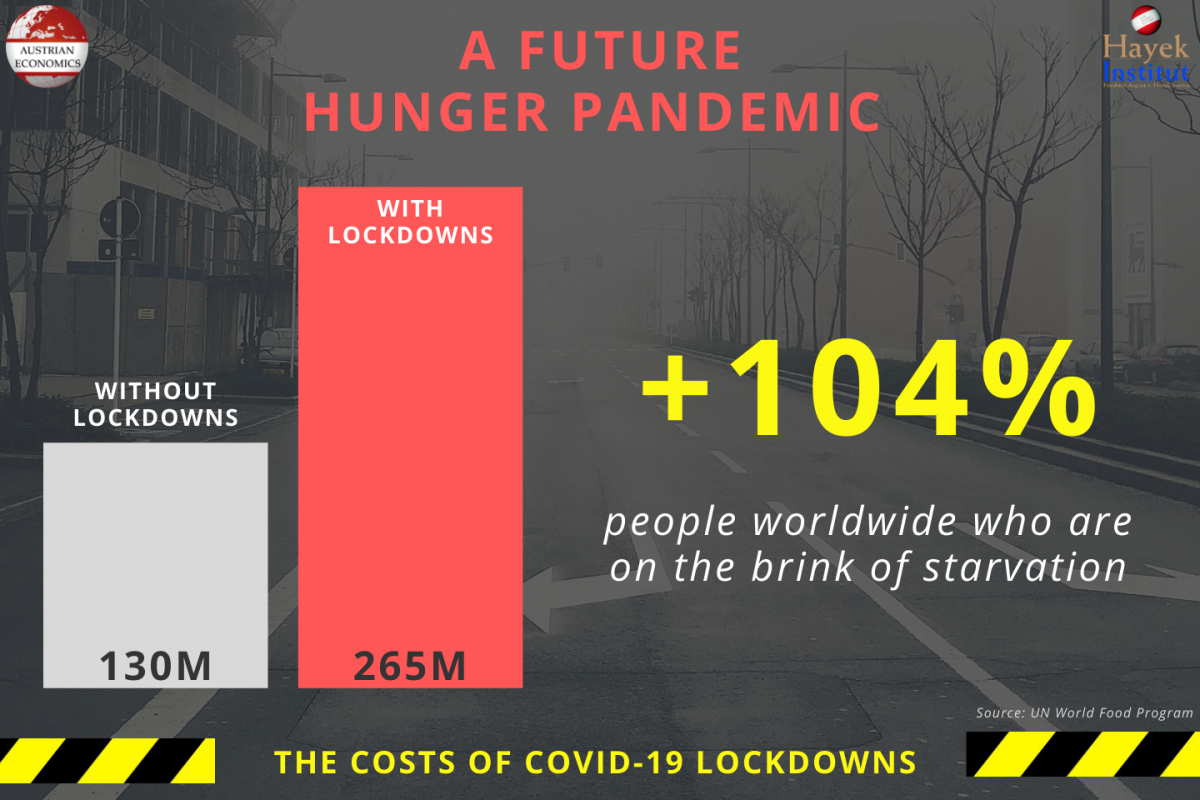Blaise Pascal was a brilliant mathematician, inventor of the calculating machine, and pioneer of probabilistic theory during the 17th century. His philosophical works were published posthumously under the title of Pensées. Although Pascal was not always devout, this final work laid out his defense of Christianity. For many years he surrounded himself with people dedicated to what he would later call diversion – which consisted of hunting, parties, and gambling. Indeed, Pascal was so imbued with this group and itself lifestyle that he is considered the inventor of roulette. It was in this context that he developed the famous Pascal’s wager, his argument for the existence of God. It can be summarized as follows: If God really exists, and we believe in Him
Topics:
Federico N. Fernandez considers the following as important: 6a.) Bitcoin&Blockchain, 6b.) Austrian center, blog, Featured, newsletter
This could be interesting, too:
Clemens Schneider writes Café Kyiv
Clemens Schneider writes Germaine de Stael
Clemens Schneider writes Museums-Empfehlung National Portrait Gallery
Clemens Schneider writes Entwicklungszusammenarbeit privatisieren
Blaise Pascal was a brilliant mathematician, inventor of the calculating machine, and pioneer of probabilistic theory during the 17th century. His philosophical works were published posthumously under the title of Pensées.
Although Pascal was not always devout, this final work laid out his defense of Christianity. For many years he surrounded himself with people dedicated to what he would later call diversion – which consisted of hunting, parties, and gambling. Indeed, Pascal was so imbued with this group and itself lifestyle that he is considered the inventor of roulette.
It was in this context that he developed the famous Pascal’s wager, his argument for the existence of God. It can be summarized as follows:
If God really exists, and we believe in Him (we bet that God exists), the rewards will be infinite (go to heaven).
If God really exists, and we do not believe in Him, then the loss will be infinite (going to hell).
If God really does NOT exist, and we believe that God exists, we essentially lose nothing.
If God really does NOT exist, and we believe that God does not exist, we essentially gain nothing.
Therefore, if God exists and we live our lives accepting that fact, the reward will be eternal life in Heaven. That is, the reward for our gamble is infinite. On the contrary, if God exists and our decision is to ignore him, the risk is infinite condemnation.
Now, if God does not exist and we are alone in the universe, our life is nothing more than a spark between two nothingnesses. The believer will follow the precepts of the Christian faith, while the atheist will not. Nevertheless, both lives will ultimately be metaphysically meaningless, according to Pascal.
And what in the hell does this have to do with Bitcoin?
Bitcoin’s market capitalization has not yet reached one trillion U.S. dollars. The global market of monies (fiat currencies issued by governments plus gold) reaches approximately one hundred trillion.
Bitcoin’s potential promise is to replace both gold and fiat currencies as the primary store of value.
So, Pascal’s wager relates to Bitcoin in the sense that both are asymmetric bets. Analogous to the famous wager by the French philosopher and scientist, betting on Bitcoin puts us in a position where the cost is relatively minor and the potential payoff disproportionately large.
As author and essayist Robert Breedlove explains, “since [Bitcoin] is still extremely small relative to its total addressable market, which consists mostly of gold and government fiat money, Bitcoin still has room to grow by orders of magnitude in both its network size and price. Like a call option, a bet on Bitcoin is asymmetric, meaning that an investor’s downside is limited to 1x whereas their potential upside is 100x or more.”
Perhaps the way to conduct a Pascal’s wager regarding Bitcoin is to follow investor and podcaster Preston Pysh’s suggestion: “I would recommend that a person if they do want to take a position in this and they’re worried about the volatility, do it through dollar cost averaging, where you say, ‘I’m going to buy a little bit over this period of time, call it three months, and I’m going to buy a little bit each week in whatever position size,’ whether it’s 1% of your portfolio, 5% of your portfolio.”
Thus, if your portfolio is ten thousand dollars, the potential loss you expose yourself to is five hundred dollars, in the unlikely event that Bitcoin ever goes to zero. If the opposite happens, the potential profit is enormous.
Not so long ago, only aristocrats had access to asymmetric bets of this type. Thanks to technology and the digital nature of Bitcoin, we can say that we are facing the most accessible asymmetric bet in history.
Whatever you decide to do, first get informed and consult with experts.
Tags: Blog,Featured,newsletter









